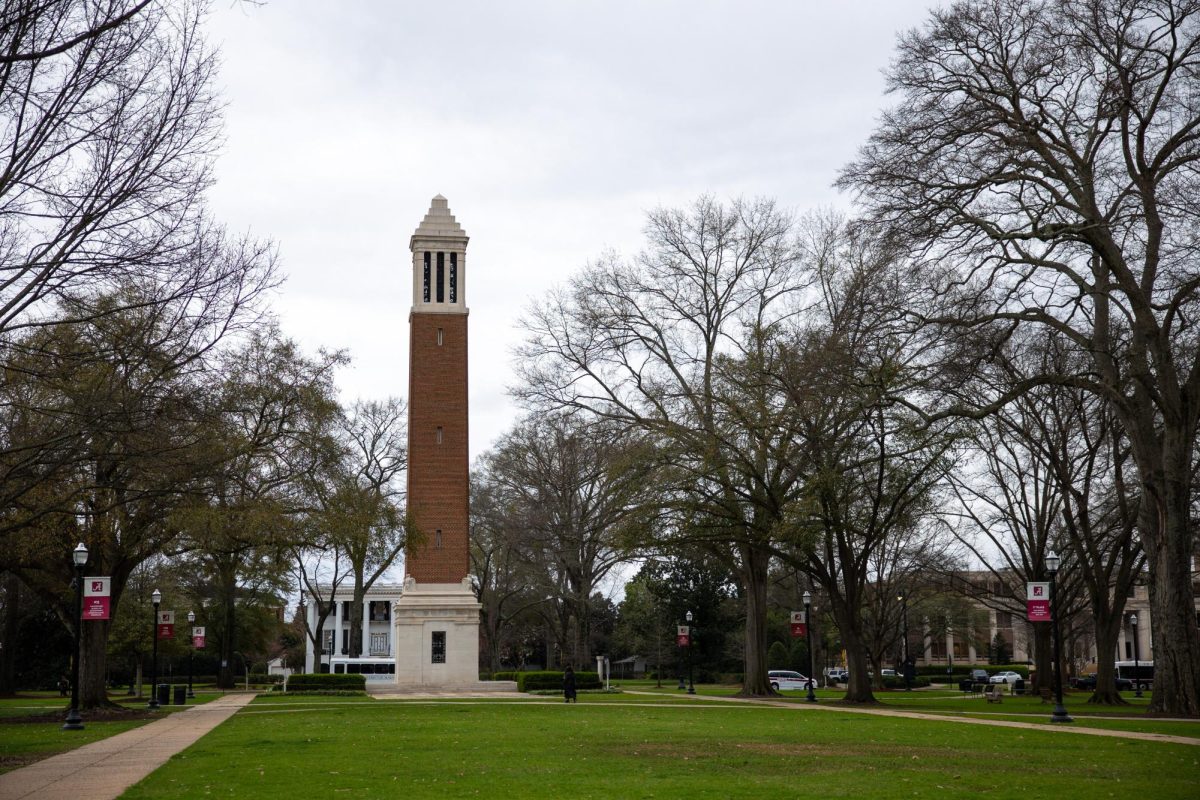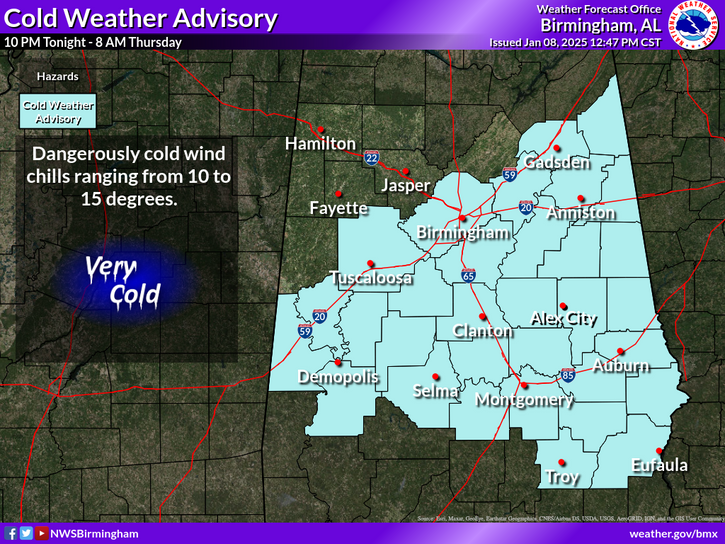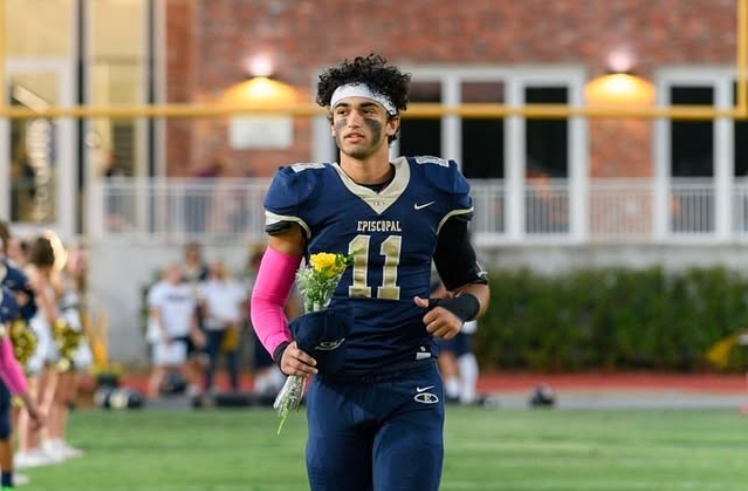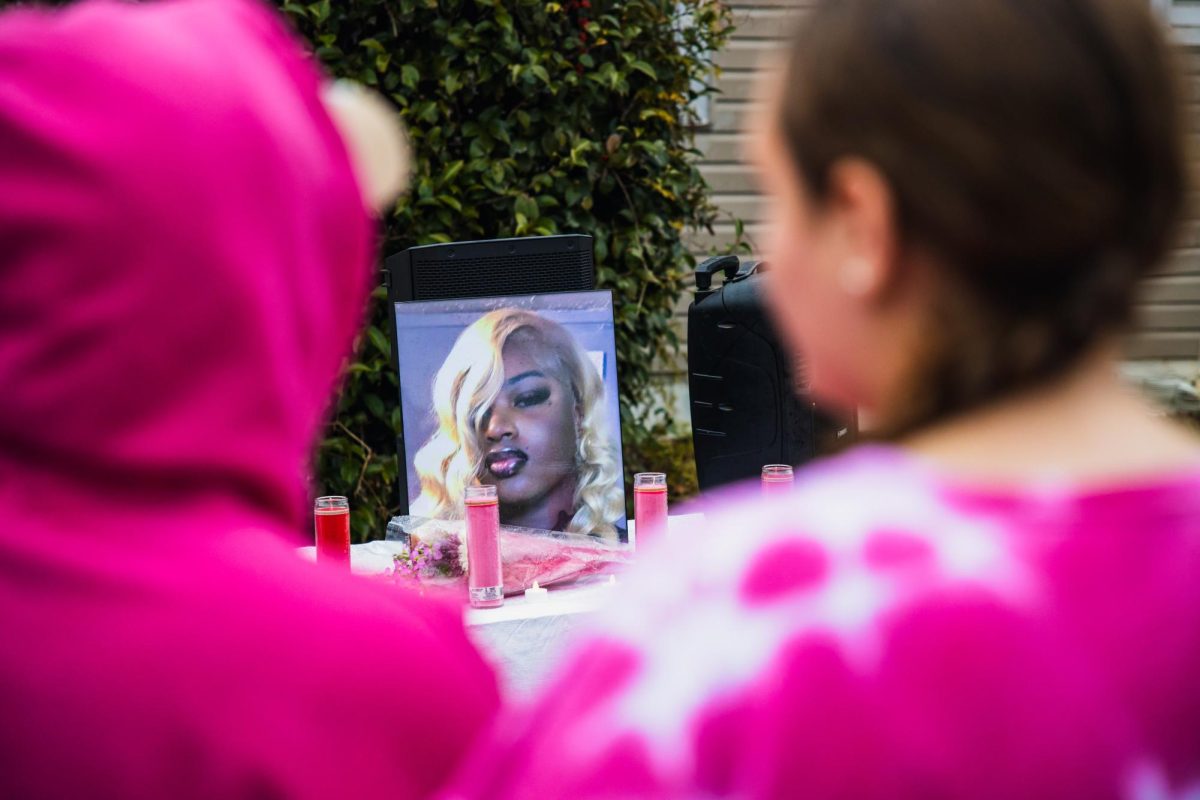This column was birthed at approximately 1:14 a.m. on a dark and stormy night both outside and in Tuomey Hall; a solitary keyboard rattled away as rain rapped against the window panes. For those of you who might not know of Tuomey, it is one of two identical buildings that sit on either side of Gorgas. There, you will find Blountees and all of their oddities presiding over the venerable, musty structure as though it were hot real estate. If you are scared of ghosts, steer away; there is at least one who always begins moving around at midnight. On this particular evening, you would have found me, Anna Foley, a senior English major, with an unruly bun in my hair, a crazed look in my eyes, and a thrice re-heated cup of Vanilla Rooibos tea (can be found at Starbucks, strongly recommended).
While typing and contemplating about John Donne, my historical crush and now the subject of my all too encompassing thesis, a huge flash of lightening and clap of thunder startled me. Despite the riveting subject matter of my paper, “Sensual Salvation: the Eroticism of Sanctification,” (sexy, I know) my thought process was disrupted and the 16th century could hold my attention no longer. Remembering that I had been asked to write this column, I began to regret that I had set it aside to concentrate on a topic so obscure it is of no practical value to the majority of my fellow Capstonians. Feeling sentimental, I reminisced over my four years here and thought about the remarkable changes that have taken place on this campus in such a short time. Thus began this rather dramatic, yet genuinely heart-felt muse:
The Alabama I will graduate from in two weeks is not the same university it was in the fall of 2007 when I first arrived as an oblivious freshman. I am not attributing this to my presence here, but am simply celebrating the fact that I have been a student during what I am certain is one of the most remarkable periods in this university’s history. Yes, Alabama has a long way to go, but the most effective progress is made when we can appreciate the accomplishments taking place before our eyes.
Before coming to college, my parents, both alums, gave me the “Machine talk” and forewarned me about the unethical politics that pervaded student life when they were here in the 70’s. SGA wasn’t my cup of tea, so I didn’t encounter it much aside from another “Machine talk” given by a junior in my sorority. Flash forward to Christmas of my sophomore year, and I am having a conversation with my dad about UA and telling him how its hard to describe campus politics to my friends who go to Texas A&M or UT. They imply that my school is backwards, and I find myself defending UA because I love it and know these negatives do not define everything.
After expressing this to my dad, he made a response that I have carried with me the rest of my UA career: “Anna, the issues you are talking about haven’t changed. Everything you tell me about the Machine and greek life is the same way it was when I was there. And that is a problem.”
It was then I realized my apathy was part of a cycle that allowed the climate to remain a stagnant pool. College education is socialization. These four years are essential because during them we develop habits and ideas that are carried with us for the rest of our lives.
During rush, houses celebrate girls, fight over them, and laud them with affection on Bid Day. But once rush is over, they are put in a room and told that the organization they just joined already has established political alignments. These are not to be disturbed, and if you do challenge them, you are acting against the best interest of your new pledge sisters and disregarding the tradition that makes the system run. Being greek is synonymous with supporting the Machine; otherwise, you put the well-being of your house in jeopardy.
Your intelligence, participation, and thoughtfulness are not wanted here but only your conformity. And this message is detrimental to developing the next generation of college-educated adults who will infiltrate the professional world and make decisions that shape the future of our society.
However, after hearing my dad’s words, I have been amazed and humbled by the pioneering spirit of my peers. This climate has started down a path of irrevocable change, and it has changed for one main reason: conversation. When what was once taboo becomes a subject of discussion, then the groundwork is laid. The age-old Machine is becoming increasingly irrelevant to a more diverse and thoughtful student population. I see a wave of independent thinking gain momentum and clout among greek women: casual discussions among freshmen challenging the way SGA elections are done or questioning the segregation of the greek system make me more hopeful than ever.
Of course, these changes are by no means the extent of progress; the evolution is far more comprehensive. The SOURCE gives all student organizations the opportunity for a voice and presence on campus. The city around us improves alongside the University and epic concerts such as the Avett Brothers will continue to frequent our gradually more hip downtown area. More appreciation for diversity can be seen in the SGA’s recent election of an independent as the first speaker of the senate.
Administrators encourage students to engage one another and to seek to understand different viewpoints. The Honors College and newly established HCA provide meaningful opportunities for freshmen as soon as they step on campus. Honors Day was more diverse than ever before, and although we have progress to make, the University is recognizing more than your traditional frat guy as the campus elite.
We are rising out of a stagnant pool of apathy, frustration, and cyclical mediocrity; a new Alabama is emerging. It can be sensed in the attitudes of student leaders and the eager questions of freshmen looking to get involved. Work with me here and imagine the University seal: Minerva breaks out of her molded stance, turns her head away from her left shoulder where she has gazed for nearly 200 years, and directs her face straight forward. She is spirited, forceful, and motivated. She is not black or white, greek or non-greek, in-state or out-of-state, first generation student or third, but she represents the dynamic student body that is The University of Alabama. We will change, challenge our preconceived notions, think collaboratively, and develop skills that will allow us to use our education in the service of this state, nation, and world. Tradition will not dissipate, but it will strengthen and expand. And when we return as alumni, we can count on an even more outstanding Alabama than we see today. Roll Tide.
Anna Foley is a senior majoring in English.








